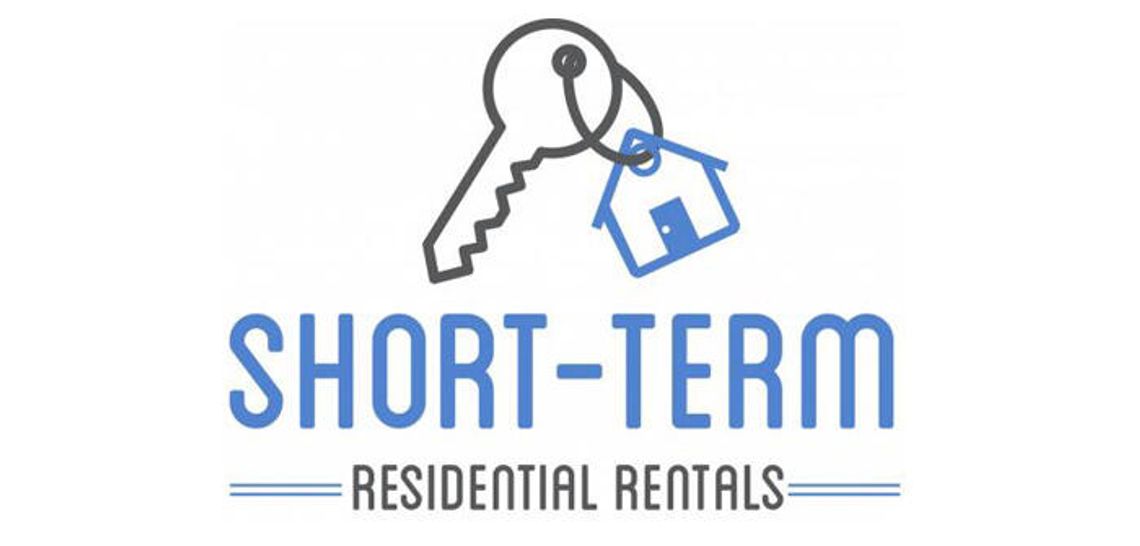As the battle over the fate of short-term rentals (STR) in Wimberley continues to rage, a recommended ordinance change has some owners worried about the future of their businesses.
Part of the recommended ordinance change would require STR owners to reapply for their CUP every year, in conjunction with the yearly fee to keep the permit.
The discussion began in July 2018 when an STR Committee was created to review the regulatory process in the city. Currently, a conditional use permit (CUP) is required to operate STR in the city.
Part of the recommended ordinance change would require STR owners to reapply for their CUP every year, in conjunction with the yearly fee to keep the permit. Wimberley’s city council is expected to take up the recommended rule changes in March.
For some, the ordinance changes could be detrimental to their businesses.
Molly Bowen, an attorney and Wimberley STR owner is leading the conversation against the proposed changes, criticizing the city’s motives as a means to solve a problem that doesn’t exist.
“You cannot treat long-term renters different than short-term ones, and that’s a constitutional issue we’re seeing all over the state,” Bowen said. “What these ordinance changes do is constitute unequal treatment to people who have equal rights under the law, and the courts have been on our side with this.”
Part of the ordinance change includes strict requirements for bed and lodging STR, such as prohibiting on-street parking and requiring two parking spaces plus additional space per room rented.
More than two hours of the Feb. 13 Wimberley Planning and Zoning Commission meeting was spent discussing the proposed ordinance change as outlined on the agenda. Tony Jenkins, an STR owner in the city, was one of the many local business owners who urged the P&Z, city council and the STR Committee to not go through with the changes.
“This feels like an overreach by someone with deeper pockets and a vendetta against competition,” Jenkins said. “Wimberley’s main industry is tourism and it only makes sense that the working families who live here are able to benefit from that.”
Albert Valera, chair of the STR Committee, refuted those claims at the committee meetings in the past, citing the intent of the ordinance changes is to bring citizens into compliance, not to discourage competition.
“This is not an attempt to stomp out people or single out people and say you’ve broken the law,” Valera said at an STR Committee meeting earlier this month. “It’s actually an attempt to encourage compliance and discourage non-compliance.”
On Feb. 21, Wimberley city leaders approved to enter into a contract with Host Compliance for STR software that has a price tag of $19,000. The approval, while controversial, is in direct response to the city’s finding that around 200 to 300 STR are operating in the city out of compliance.
But according to the same findings, the city has approved 52 CUPs, including 24 grandfathered properties since 2004. Bowen said the numbers of STR out of compliance is severely inflated.
Mayor Pro Tem Gary Barchfeld supported purchasing the software at the Feb. 21 council meeting as it could bring those STR into compliance with city’s ordinances.
City leaders originally voted to purchase the software in December 2018, but the company that the city contracted with was bought out by Host Compliance, prompting the item to return.
Precedent may prove ordinance change unconstitutional
However, Bowen questions the validity of the proposed ordinance changes.
The Texas Supreme Court sided with STR in the Tarr v. Timberwood Park case in May 2018, a ruling that could affect the outcome of Austin’s STR ordinances case, which is currently held up at the Third Court of Appeals.
High ranking Texas officials have also supported STR owners. Following the Tarr case rulling, Texas Attorney General Ken Paxton urged the Texas Appeals Court to declare Austin’s STR ordinance unconstitutional.
“City governments do not have the authority to trample Texas constitutional rights and protections for property owners and their guests,” Paxton said in a press release after the case. “The city of Austin’s short-term rental ordinance is not only bad policy but also unlawful and must be struck down.”
Bowen said the city is putting the cart before the horse in the midst of a legal battle over STR that she predicts could play out in higher courts.










